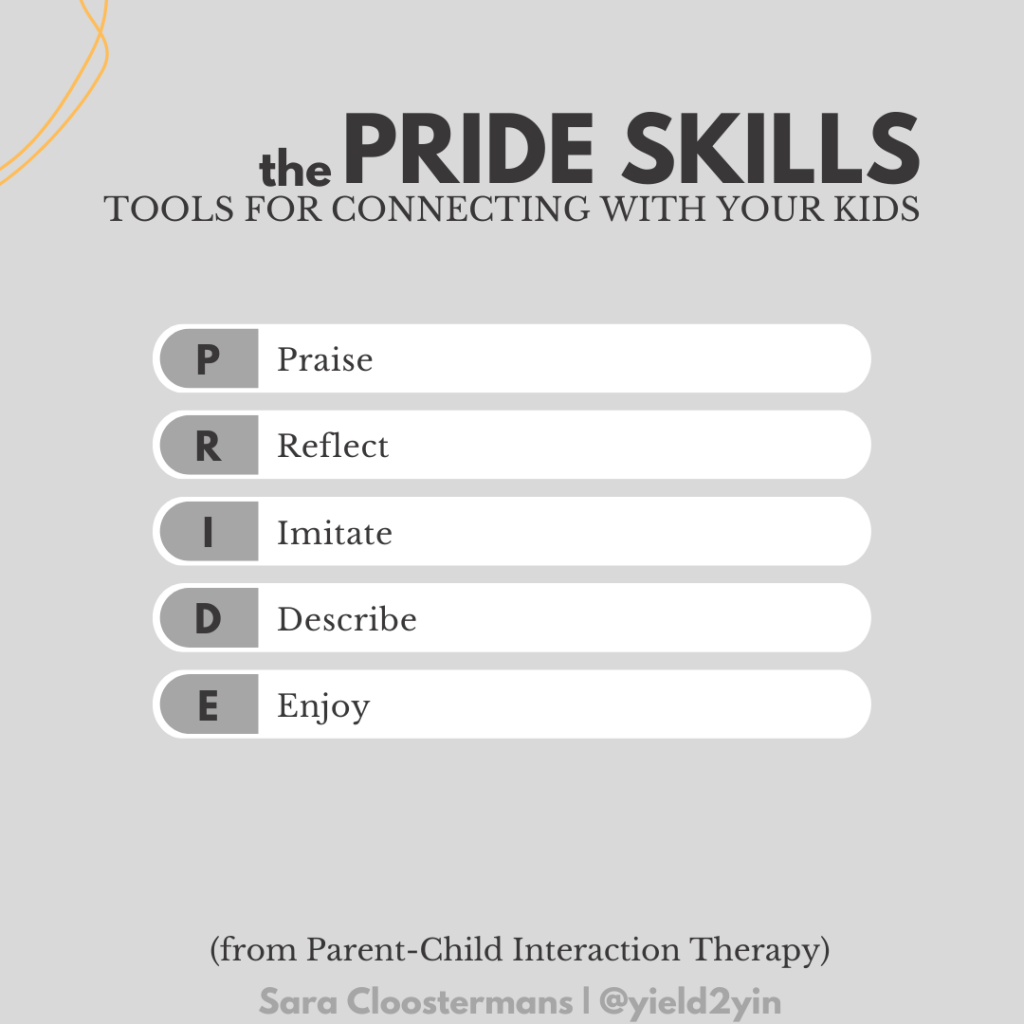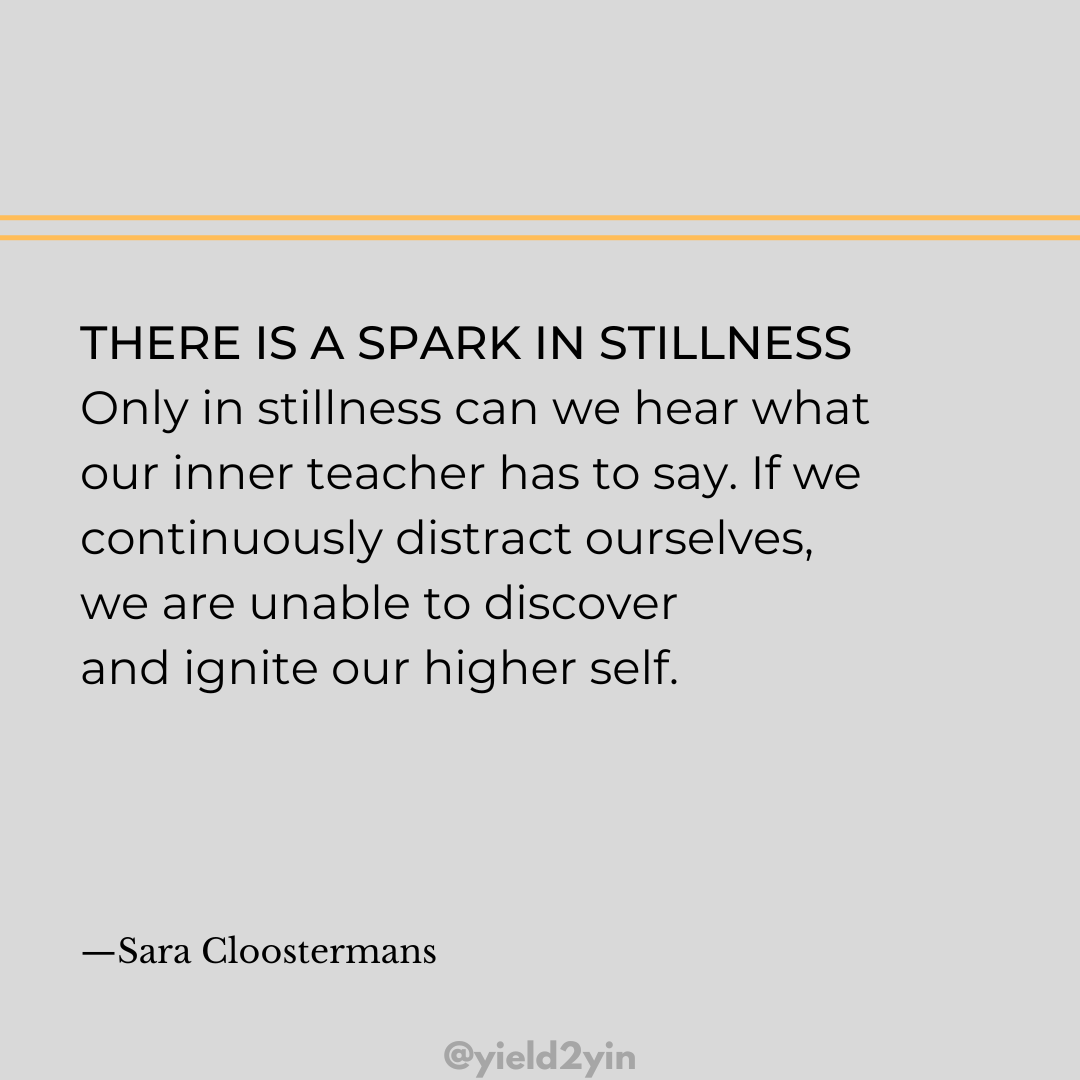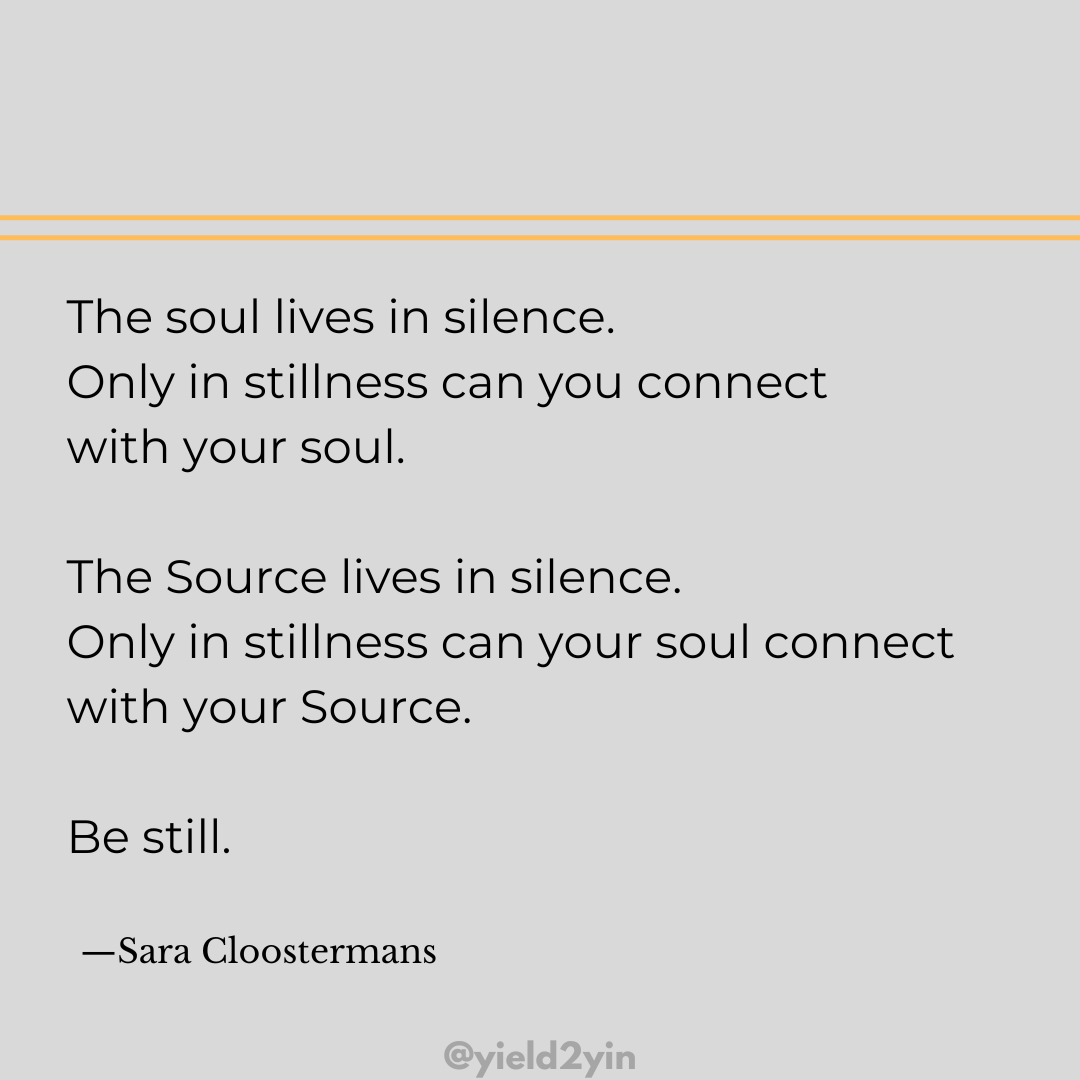Both pregnancy and postpartum, especially “the fourth trimester,” the first 3 months after parents bring their newborn infant home, need a lot more of our attention if the goal is to help parents successfully transition into parenthood.
It is a time that is characterized by significant emotional, physical, and practical lifestyle adjustments (incl. financial), which can be extremely overwhelming and taxing on the new parents’ well-being. It is therefore essential we apply a holistic approach to effectively support growing families, so we can empower them to navigate this transformative period with more confidence and ease.
3 Tips to Help Women During Pregnancy
1. Validate, Validate, Validate
Everyone’s experience during pregnancy is different. Some women feel the glow; others feel utterly miserable. Some women love being pregnant; others hate it. All of it is normal. Whatever it turns out to be is real, and therefore valid, for each individual pregnant woman.
So validate her.
If she is in her happiest glow and feeling amazing – relish in it with her. Don’t bombard her with “Just you wait…” or “Sleep now because you’ll never sleep again!” types of comments.
If she is really struggling physically or mentally – hold space for her. Don’t shame her with “But it’s such a miracle!” or “You’d feel better if you were more positive…” types of comments.
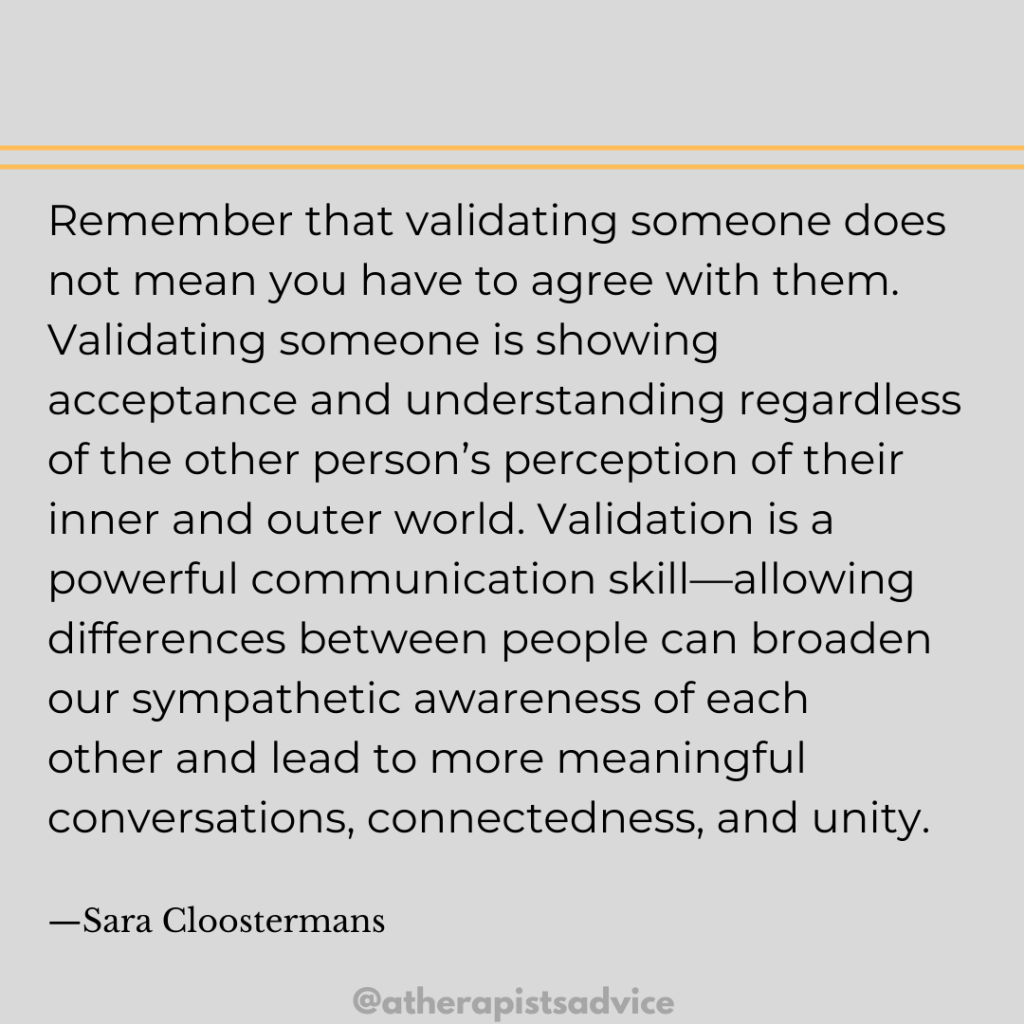
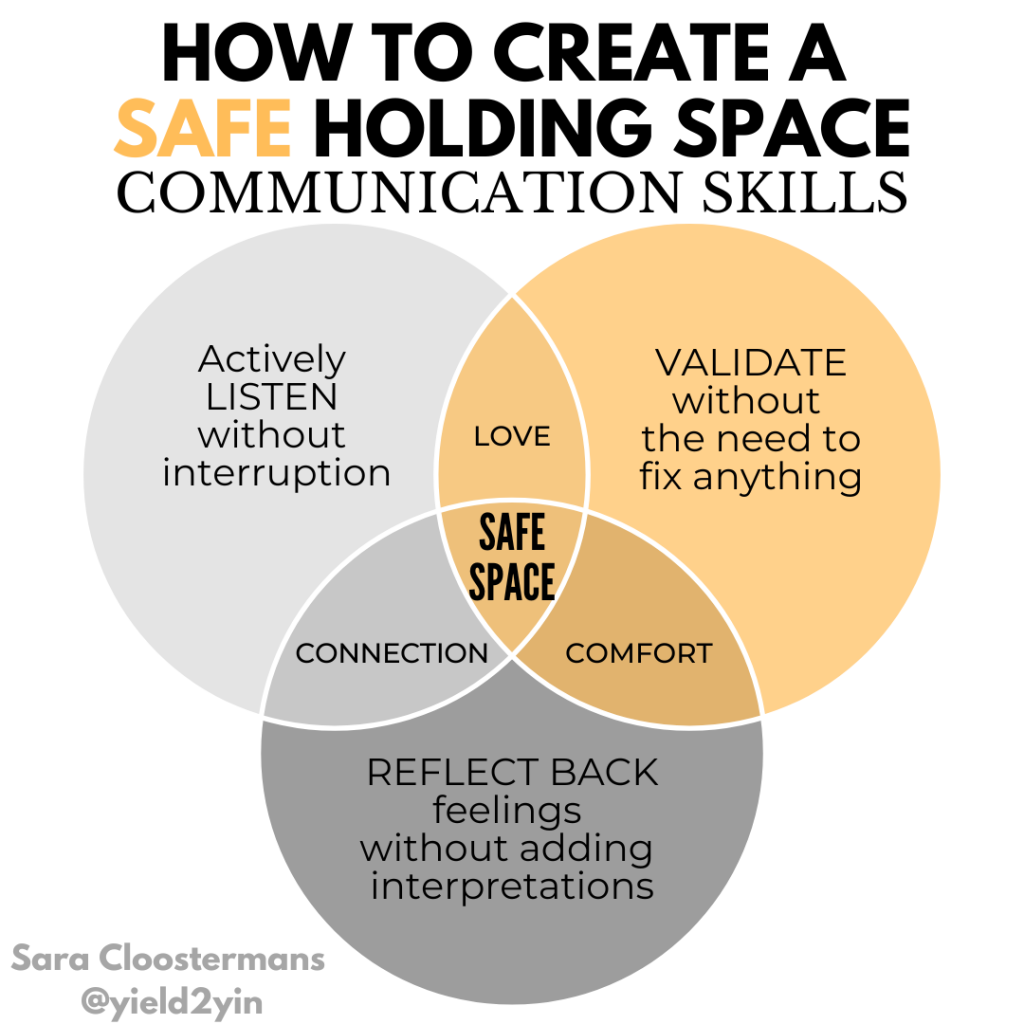 …
…

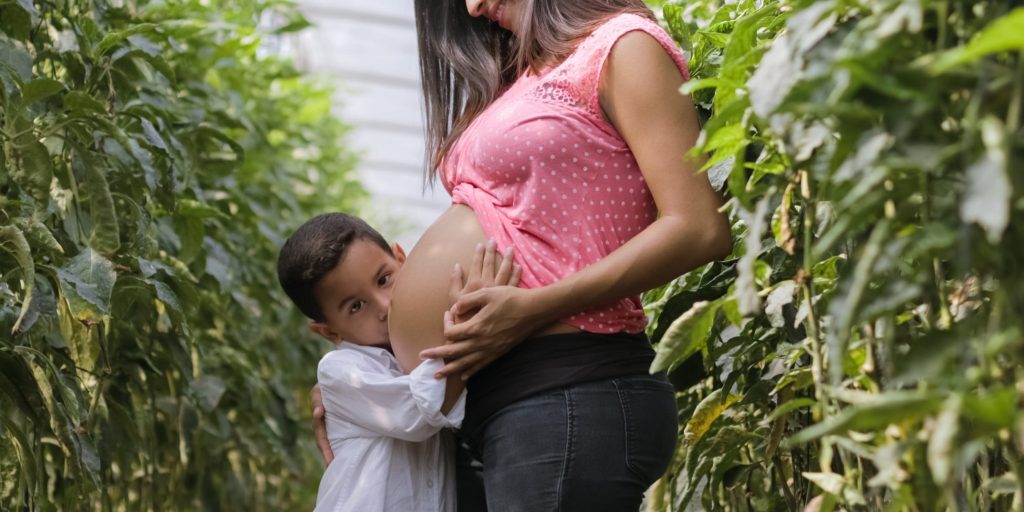
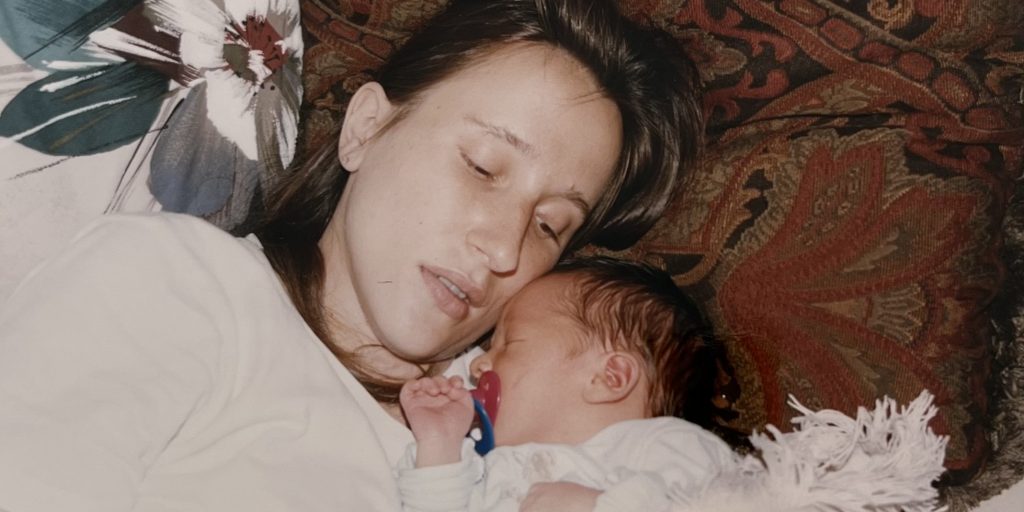


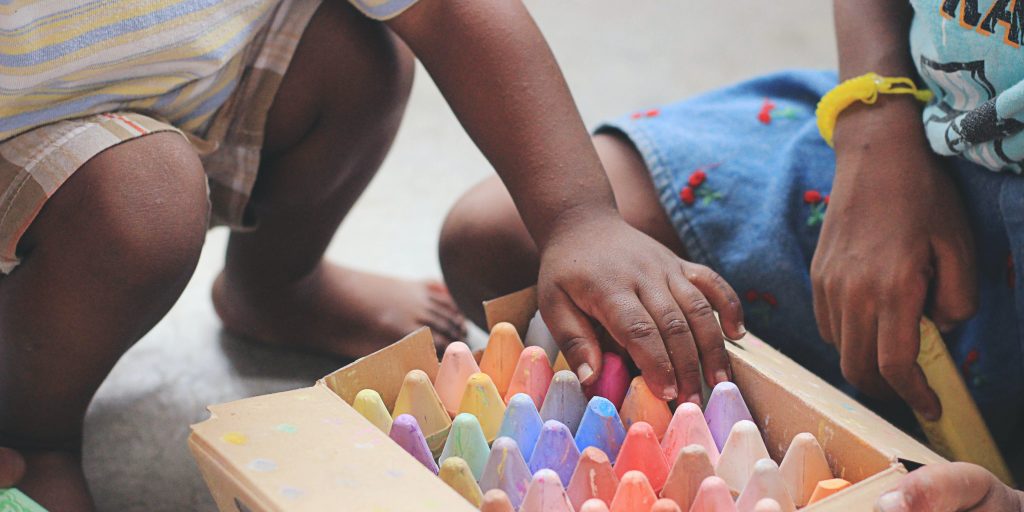


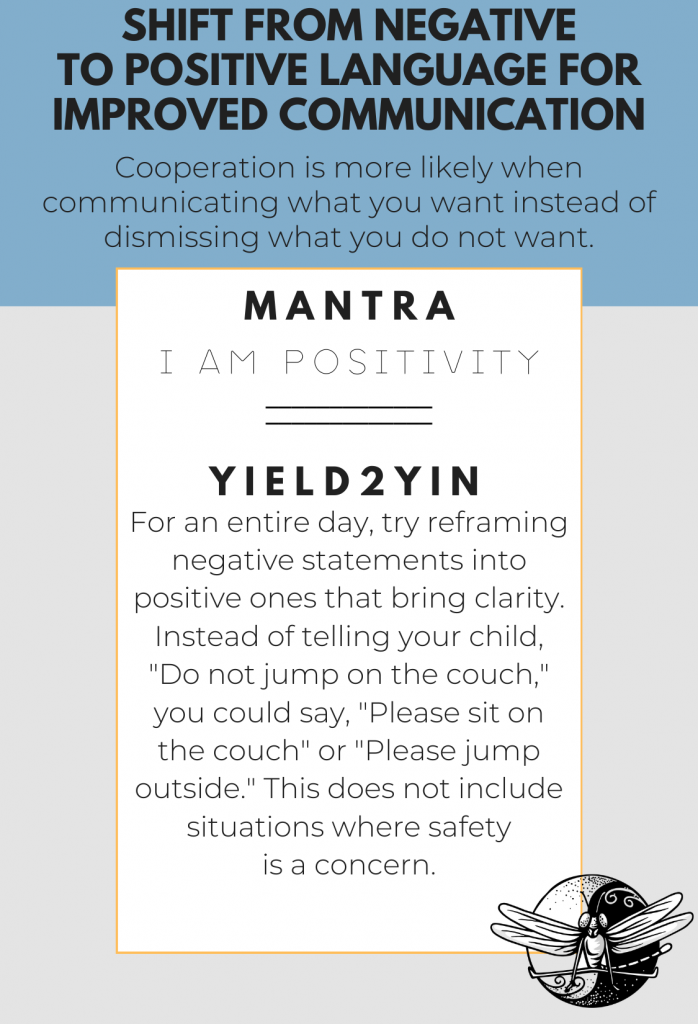 From “A Therapist’s Advice 55-Card Healing Deck”
From “A Therapist’s Advice 55-Card Healing Deck” 
